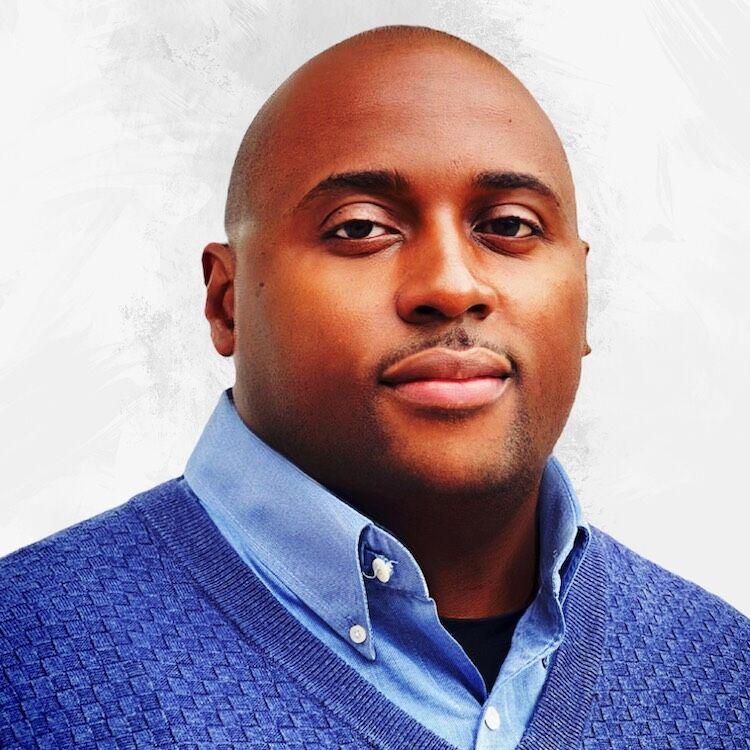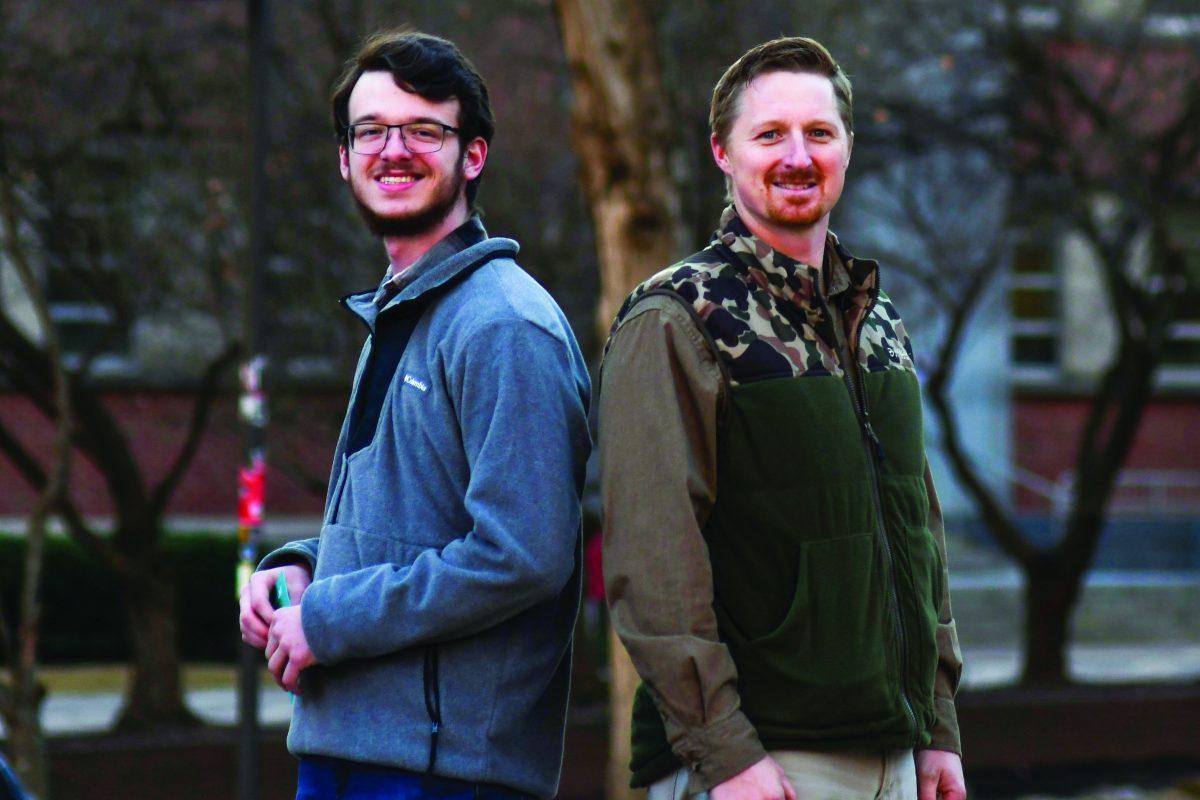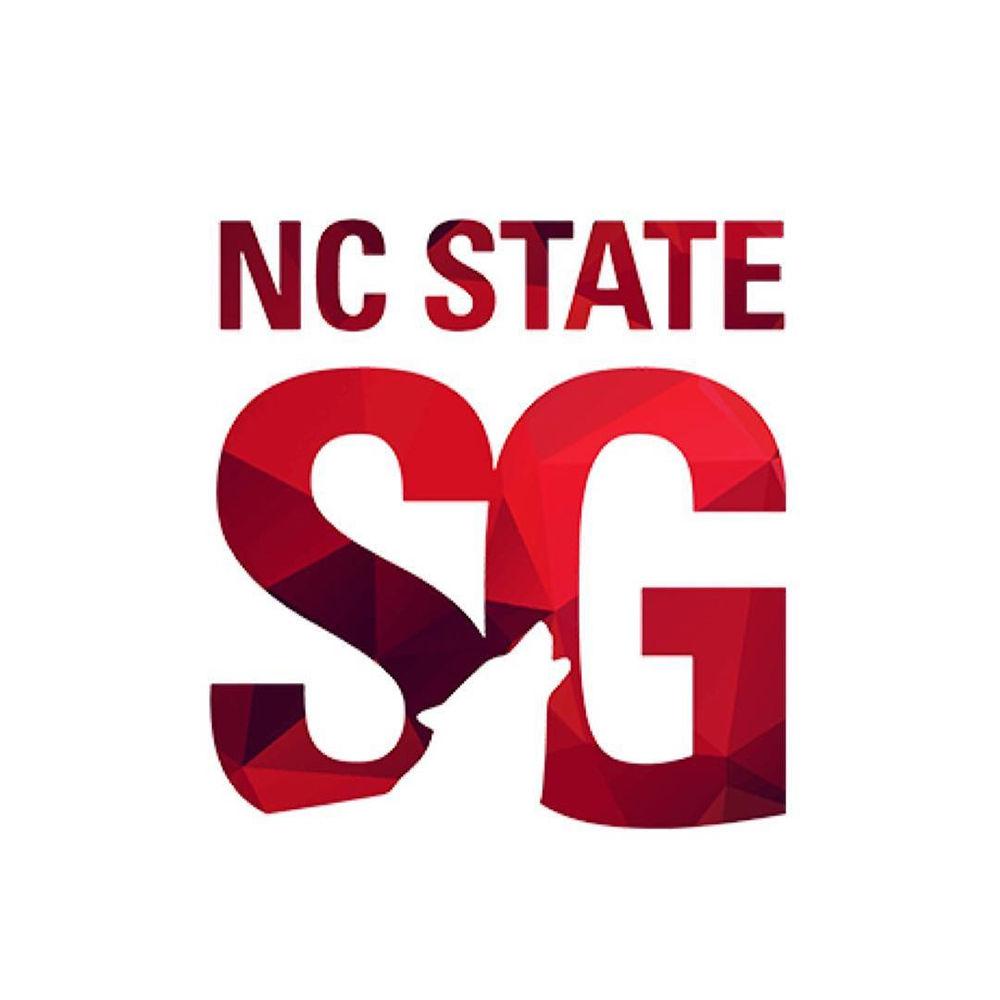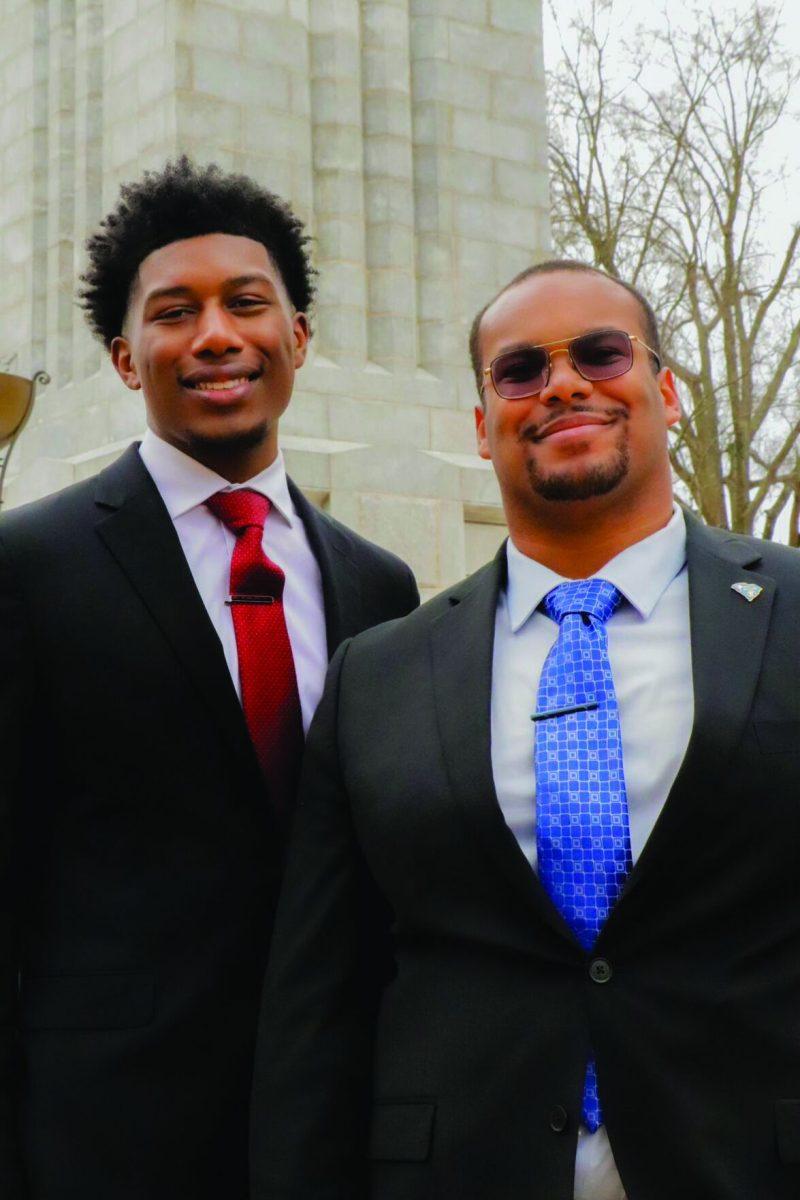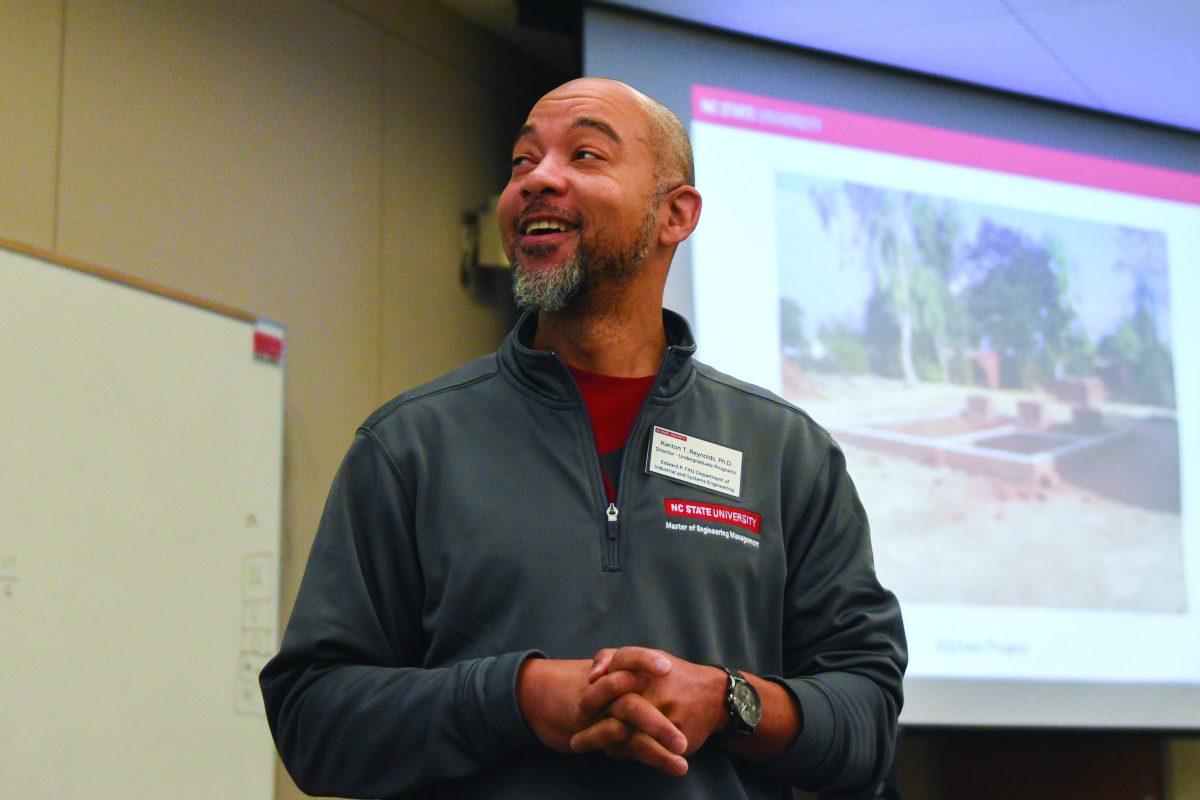Eugene Myrick, a radio producer and educator, is on the ballot for mayor of Raleigh this November. He hopes to bring his experience in community activism to be a voice for the city’s citizens.
The Shaw University alumnus spent considerable time working in education, working with child residents of Dorothea Dix Hospital and in special education in his birthplace of New York City.
Myrick later began a career working in radio, which took him across the country before coming back to North Carolina. However, he said his return was bittersweet due to the changes he had seen.
“Coming back into North Carolina in 2018, I just really noticed the changes,” Myrick said. “A lot of homelessness.”
Housing affordability is the primary concern for Myrick, who criticized the city’s metrics for affordable housing of 30% of a family’s income as “unrealistic.” Instead, Myrick is proposing housing assistance based on individual income.
“I’m focusing more on an individual’s income,” Myrick said. “I call it income-based housing. So it would be 30% of your income at the area median income.”
Myrick said the largest change he has seen in Raleigh is the rise in prices in his neighborhood, specifically Biltmore Hills, a predominantly Black neighborhood in southeast Raleigh with an aging population.
Myrick has raised concerns about taxation and other issues on behalf of the Biltmore residents at Raleigh City Council, but said his efforts have been unsuccessful and prompted him to run for mayor.
“I just felt like no one was listening,” Myrick said. “So I decided to put my name in the hat.”
Myrick has also criticized the city’s usage of land, believing that the city should be using public land to build more affordable housing units. Myrick cited the demolition of the Dorothea Dix Hospital of North Carolina as an example of the city’s poor urban management.
“They literally closed up the mental health facility to create a park, a 318 acre park,” Myrick said. “So that’s city-owned land where you can actually take some of that and create affordable housing.”
Myrick has criticized public-private partnerships and questioned their efficacy. He said the city has often mismanaged these arrangements to the detriment of the community.
“What the city does is they focus on public-private partnerships, but again, they get it wrong,” Myrick said. “Because most public-private partnerships end up with our public dollars in somebody’s private pocket.”
Myrick also plans to focus on public transit if elected, particularly on increasing pay for bus drivers and increasing bus frequency. However, Myrick does not advocate for the creation of rail transit in Raleigh, nor the creation of bus rapid transit which was approved by Wake County voters in 2016. Raleigh has plans for the new infrastructure to be fully functionable by 2035.
“I think Raleigh is past the opportunity to do light rail or anything like that, but we are not past the opportunity to utilize a bus system, not a bus rapid transit system,” Myrick said. “That makes absolutely no sense right now.”
When it comes to financing these endeavors, Myrick has proposed rescinding sip and stroll, the city’s policy of allowing drinking in public, due to the cost of private security. Moreover, Myrick plans on reallocating funds, criticizing the gradual increase in the city’s budget over the past couple of years.
“So the goal is to be able to use that money and be accountable by using the money that we already have,” Myrick said. “I’d like to add a prime example. The police budget increases every year, but the police officers are not getting an increase in pay. So what exactly are we doing with that money?”
Myrick said he believes that the mayor, despite their limited jurisdiction, has to force the hand of other government entities like Wake County and the state legislature.
“As mayor, one of the things you can do is you can go down into the state legislature, and you can let it be known, this is what we need in the city of Raleigh,” Myrick said. “So they would have to try to force their hand and get it done.”
Myrick expressed hope to increase the pride of city employees in their jobs as a part of his campaign as well, citing the pride of workers in his home city of New York regardless of the issues going on behind the scenes.
“One of the other things is that the NYPD, like New York, they’ll complain about pay, they’ll complain about time off, but they are also proud of their jobs,” Myrick said. “New York Police Department consider themselves the finest. The firefighters consider themselves the boldest. Even the sanitation workers consider themselves the strongest. … They’re proud of the jobs that they have. And I want the same thing for city employees, regardless of which branch of government that you’re in.”


